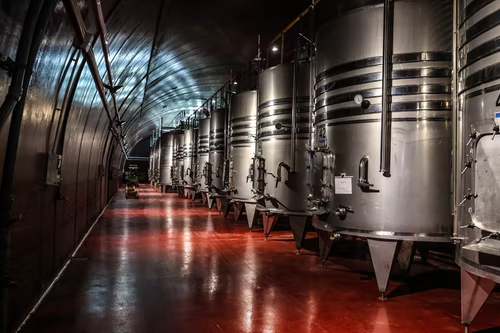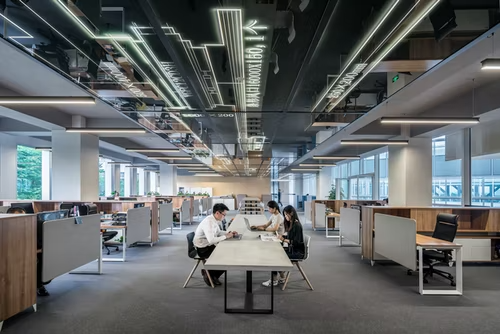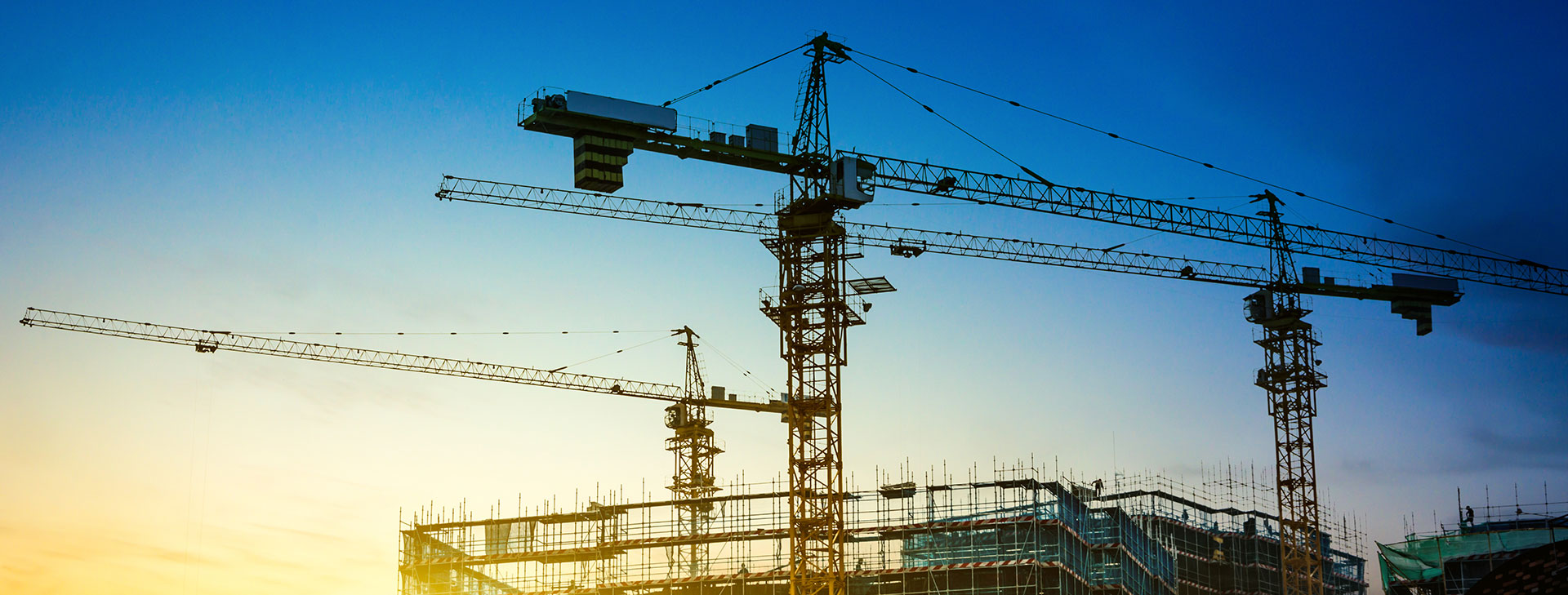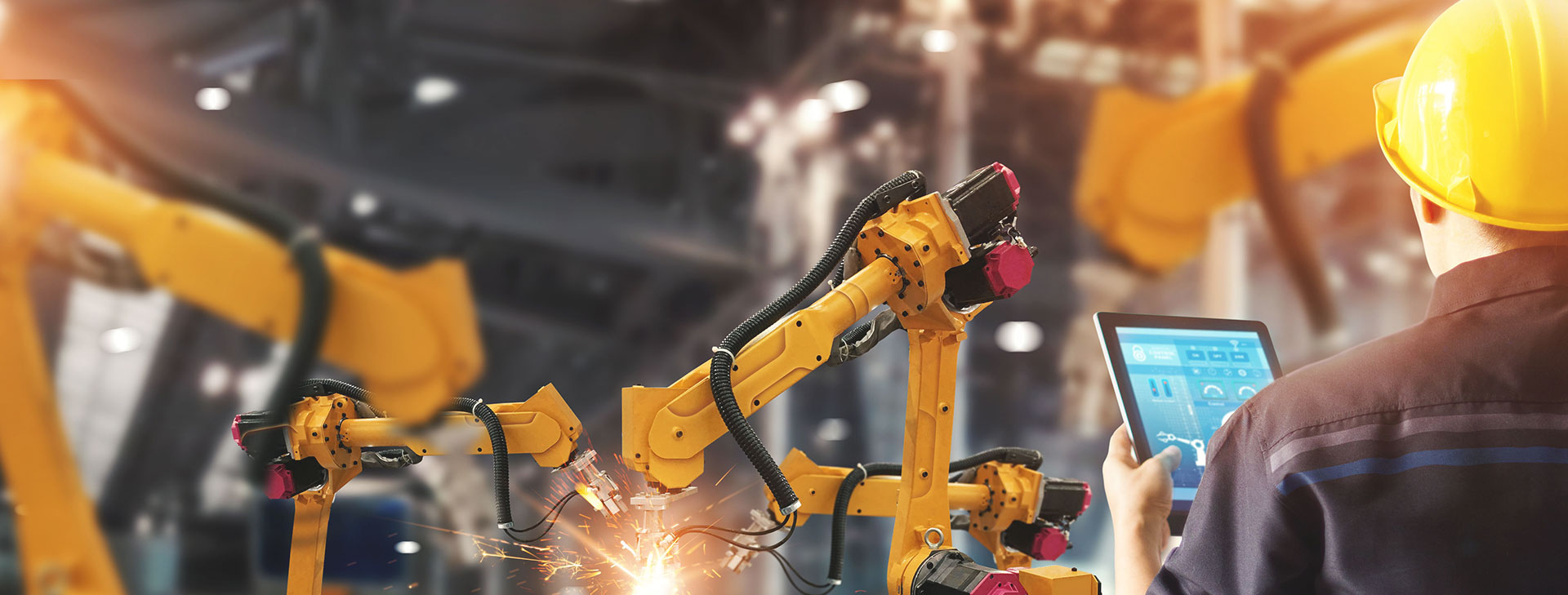
Food and Beverage Production
XIREN’s management platform combined with the practical deployment of sensors is helping companies to achieve high levels of food safety, improve traceability, minimize waste, as well as reduce costs and risks across every stage of food and beverage processing, packaging, and delivery. For food and beverage manufacturers, the ability to collect, report on, and adjust to real-time data is paramount.
Companies
- Kosmic Kombucha
- Sysco
- Mighty River Brewing
- Sugar Creek Brewing
- Deschutes Brewery
Building Management
Building management has long been an area plagued by inefficiencies. The use of smart sensors has revolutionized the industry and drastically lowered operating costs. On average the adoption of a smart sensor management platform resulted in an aggregated annual energy savings of almost 30% in the commercial sector alone.
Companies
- Genetech
- Fresenius
- Hitachi
- Honeywell
- IBM


Manufacturing
Manufacturing has long been an industry longing for a data revolution. The days of uniformed maintenance schedules and reactive and costly repairs are a thing of the past. From avoiding unplanned downtime to improving product quality, accurately monitoring production performance is a primary factor in the bottom line.
Companies
- Honeywell
- Meggit
- The Anderson Company
- Centrica
- CEMEX
Construction
Construction is an industry that is already being transformed by IoT. With an endless amount of data points, the industry has many opportunities for growth and optimization. A sensor management program is a necessity in managing projects simultaneously in different locations, while also optimizing asset lifecycle management and managing projects to tighter deadlines preventing potential delays and unnecessary costs.
Companies
- Nabholz Construction
- Avalon
- Gilbane
- Bertram Construction
- Hinkle


Energy Sector
In the oil & gas industry, sensors that monitor inventory levels of onshore oil tanks automatically dispatch trucks when the tanks need to be refilled. Sensors have the ability to monitor the performance of above-ground pumps in order to alert maintenance teams of potential issues and provide employees with advanced warning signs of possible safety issues to help prevent costly losses and injuries.
Companies
- Honeywell
- Meggit
- The Anderson Company
- Centrica
- CEMEX
Retail
Smart sensors in retail can help retailers improve store operations, enhance customer experience and drive more conversions. Moreover, IoT can help retailers solve day-to-day problems such as tracking energy utilization, managing in-floor navigation, detecting crowded areas, reducing check-out timings, managing product shelves, preventing theft, and monitoring goods.
Companies
- Walmart
- Frito Lay
- Room and Board
- Motionloft
- Fract



